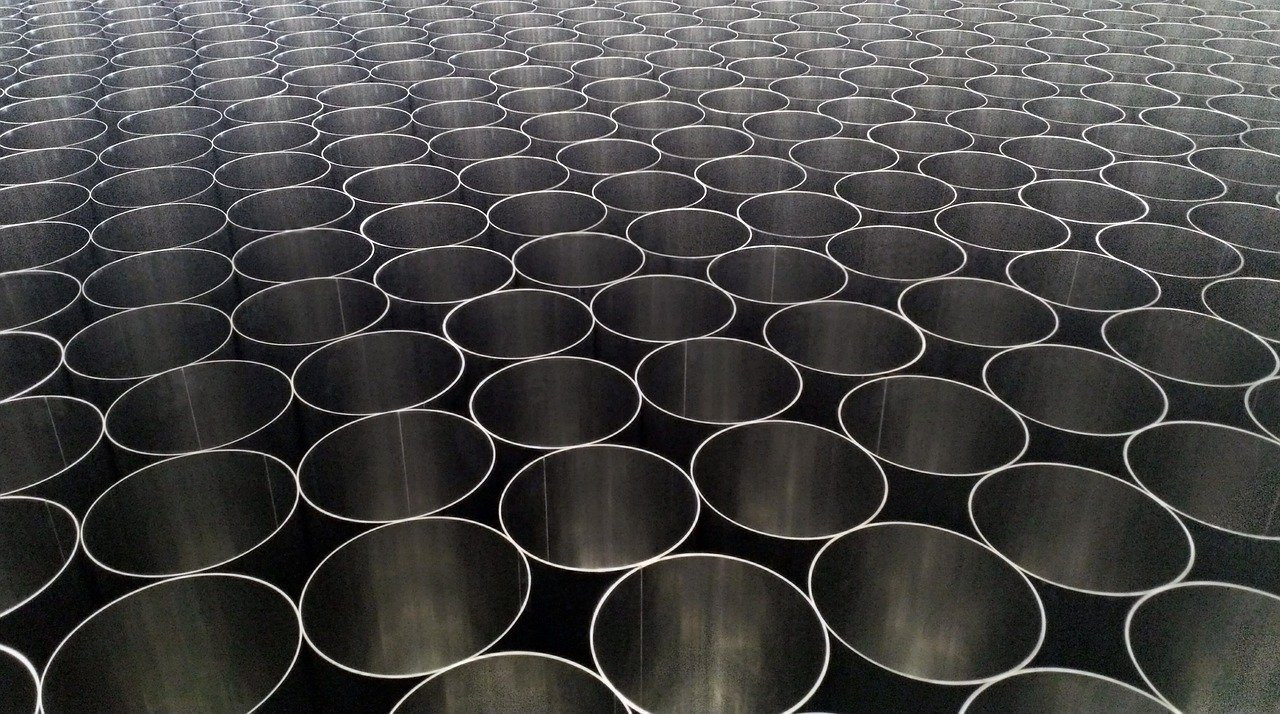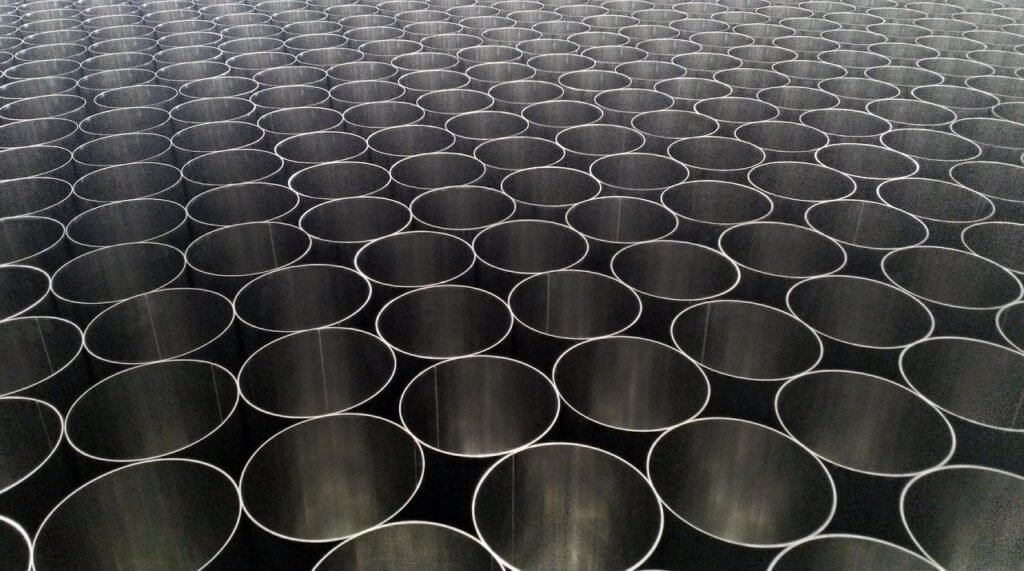
Urban development and sustainable infrastructure go hand in hand with an efficient water management system. This includes both natural and legal projects that contribute to the provision of clean drinking water, efficient wastewater treatment and an optimal water supply system for urban residents and businesses.
Physical infrastructure projects
Physical water management infrastructure projects involve engineering solutions that directly affect urban water systems:
- Modernising water supply networks - Old pipelines are often leaky and cause high water losses. Cities are investing in new PE (polyethylene) pipelines that provide more efficient water supplies.
- Upgrading wastewater treatment plants - Cities are adopting advanced wastewater treatment technologies to reduce pollution and meet environmental standards.
- Expansion of stormwater systems - As climate change increases heavy rainfall, cities need to invest in new rainwater harvesting solutions to prevent flooding.
- Automated control and monitoring devices - Water supply and wastewater management systems are increasingly remote-controlled, allowing rapid response to disruptions.
Legal infrastructure projects
In addition to upgrading the physical infrastructure, legal and administrative decisions also play an important role:
- Legislation and standards - European Union and local legislation sets strict requirements for water quality and wastewater management. Municipalities and water utilities must ensure compliance with these standards.
- Public-private partnerships (PPPs) - Many infrastructure projects are implemented in partnership with private investors, reducing the financial burden on the state.
- Project funding from EU funds - Cities often benefit from EU support to modernise infrastructure to ensure high quality services.
- Sustainability policy and innovation - New environmental initiatives are being introduced in many countries to promote water recycling and resource efficiency.
The future of urban water management
Future water management infrastructure will focus on smart solutions, lower energy consumption and increased environmental performance. Cities are increasingly relying on data analytics, artificial intelligence and the Internet of Things (IoT) to optimise water supply and reduce losses.
Investing in modern infrastructure projects not only improves people's quality of life, but also makes cities more resilient to environmental challenges.



